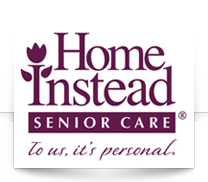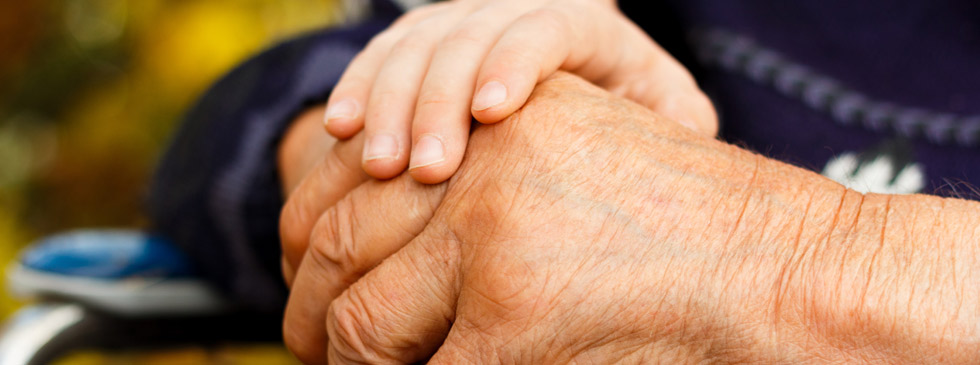Returning Home: Ask Questions
Even before you know low long a loved one might need to be in a hospital or facility, start working with medical professionals. Get the lay of the land, as they say. Early on, it’s important to ask questions – and lots of them – of key people caring for your older loved one.
The questions and the answers you receive will help determine what that older adult will need at home and the schedule he or she must follow for a smooth transition. Some of the questions can be difficult to ask such as, “Will my loved one ever be the same?” But it will be vital to know the answers if that senior can expect the best possible outcome.
The Right Questions
Ask your medical team – whether it’s doctors, nurses or rehabilitation professionals – these questions about your senior:
- What time of day does the doctor make rounds so I won’t miss him or her with my questions?
- What is the prognosis? What is the likely outcome? Will my loved one recover?
- How long will my senior be in the hospital or facility?
- What condition will my senior likely be in when released?
- Will my loved one go straight home or go to another facility?
- How much will my loved one be able to do when he gets home?
- What are the warning signs that my loved one needs help?
- Can my loved one be home alone? If not, how much help will she need and for how long?
- If I am the primary caregiver, how much help will I need?
- What type of equipment – and care – will my loved one need at home?
- Will I need a prescription for any of this equipment or care?
- How many follow-up appointments will be needed and how soon do you need to see my loved one?
Social workers and case managers can help put a discharge plan into action. A social worker is a professional who provides counseling, guidance and assistance, and can help a senior focus on his or her environment. Social workers often work hand-in-hand with case managers who assist in the planning, coordination, monitoring and evaluation of medical services for a patient with an emphasis on quality care.
You can ask these professionals:
- Where do I go to set up durable power of attorney for health care?
- Who is assigned to my loved one’s care?
- What is the best facility for my senior if he can’t go directly home?
- What will my loved one’s insurance cover?
- Do I have options, and what are they?
- Will my loved one need home health care or palliative or hospice care and, if so, will I need a prescription?
- Will my senior need support for activities of daily living?
- What if my loved one is the one returning home and she’s been caring for her spouse with dementia? How do I get them both help?
- What are the best resources that can meet my loved one’s needs?
- Where do I go to find these resources?
- Where can I find the equipment that I need?
- If it’s not covered by insurance, how much will it cost and are alternative funding sources available?
- If my loved one needs in-home care, what are my options?
When you know the score, it’s time to begin planning just what your loved one needs to return home safely.

